Toward a Transdisciplinary Science of Adolescent Education: Bringing together diverse practical and scientific perspectives to drive innovation
Research over the past several years documents that adolescence is an experience-sensitive period of brain maturation and plasticity. Work in the field of education highlights the need for innovation in adolescent schooling, as many traditional school designs and teaching practices are unsupportive of diverse adolescents' developmental needs. This symposium will bring together developmental neuroscientists and educational psychologists from diverse international perspectives with education practitioners working to build innovative secondary school models around the world. The aim will be to highlight new information about adolescent development, to extract usable insights for application to practical questions in education, and to begin to formulate a vision for productive research collaborations in this space. The symposium will be chaired by Mary Helen Immordino-Yang, from University of Southern California.
Panelists
Solange Dénervaud, Ph.D.
Postdoctoral Fellow, Radiology Department, University Hospital of Lausanne CHUV-UNIL (Switzerland)
https://www.unil.ch/line/home.html
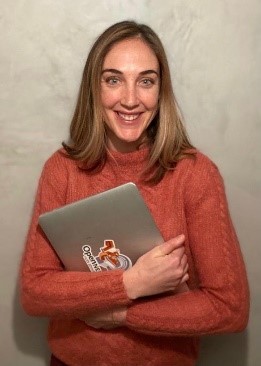
Dr. Solange Denervaud graduated from the Swiss Federal Institute of Technology in Lausanne (EPFL) in bioengineering, and completed a Ph.D. in Neuroscience at the University Hospital of Lausanne (CHUV-UNIL) on Montessori education. She is trained in Montessori education and previously taught at a Montessori School in Vevey, Switzerland. Denervaud's research focuses on the impact of the learning environment on the development of cognitive flexibility and creativity in 5-13 year-old children, with an emphasis on the Montessori method. Her work uses a combination of psychophysics, neuropsychology, electroencephalography (EEG), and magnetic resonance imaging (MRI).
Jeffrey Garrett
Senior Vice President of Leadership Development, Partnership for Los Angeles Schools
https://partnershipla.org
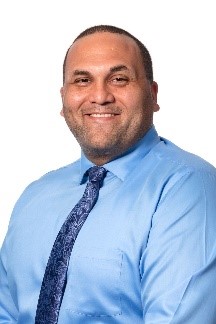
Jeffrey Garrett is the Senior Vice President of Leadership Development at the Partnership for Los Angeles Schools, a network of 19 schools within Los Angeles Unified School District, serving some of the city’s most historically underserved communities. Prior to joining the Partnership, Jeffrey spent his career as an educator in New York City. There he served as principal of a grade 6-12 school in the south Bronx, an assistant principal, and as an instructional leadership coach. Prior to that, Jeffrey was a high school social studies teacher in East Harlem and the South Bronx. He began his career as a college admissions officer at his alma mater Dartmouth College, before earning his masters in Teaching and Curriculum from the Harvard Graduate School of Education.
Dr. Natalia Rico Hernández, Ed.D.
Head of School, Breck School
https://www.breckschool.org
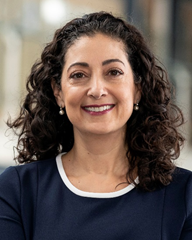
Natalia Rico Hernández, Ed.D., joined Breck as Head of School in July 2017. She has 28 years of teaching and leadership experience in public, international, and independent schools. Prior to her time at Breck, she served as Assistant Head of School at Isidore Newman School in New Orleans, Louisiana. Dr. Hernández earned an M.Ed. in Educational Administration from the University of Texas and an Ed.D. in Leadership, Policy and Organizations from Vanderbilt University. She and her husband, Bobby, have two daughters: Gaby 19 and Andi 16.
Eva Telzer, Ph.D.
Associate Professor of Psychology and Neuroscience, University of North Carolina Chapel Hill Lab
https://dsnlab.web.unc.edu
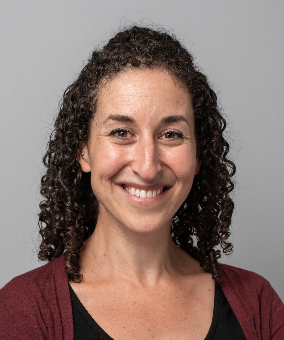
Dr. Telzer's research focuses on the teenage years as a time of both risks and opportunities. She examines how social and cultural processes shape adolescent brain development to promote both prosocial and risk-taking behaviors. She is interested in understanding how traditionally negative behaviors, like risk taking, can be channeled into positive prosocial behaviors, like social activism. Her work utilizes neuroimaging methods and a sociocultural lens, examining how individual differences in culture, personal values, family relationships, and peer contexts shape the developing adolescent brain and impact long-term well being across the lifespan.
Erin Whalen
Principal, Da Vinci RISE High School
https://www.davincischools.org
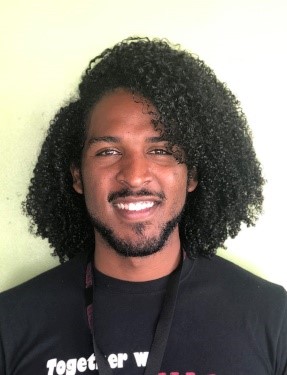
Erin Whalen, born and raised in Los Angeles, California, serves as Da Vinci RISE High’s Principal and is soon to assume his new role as executive director in July, 2021. RISE is an innovative school designed to strategically meet the needs of youth experiencing the foster care system, juvenile justice system and housing instability. With that, Erin and the RISE community seek to provide equity to students who have often been written out of the larger educational narrative through wraparound services, collocation with nonprofit organizations and a flexible instructional model to meet the unique needs of the student body.
Mary Helen Immordino-Yang, Ed.D.
Professor of Education, Psychology and Neuroscience, USC
Director, USC Center for Affective Neuroscience, Development, Learning and Education (CANDLE)
https://candle.usc.edu
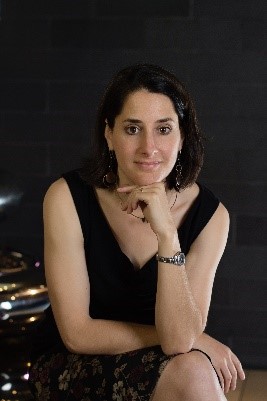
Mary Helen Immordino-Yang, EdD is a Professor of Education, Psychology and Neuroscience at the University of Southern California and Director of the USC Center for Affective Neuroscience, Development, Learning and Education (CANDLE). She studies the psychological and neurobiological development of emotion and self-awareness, and connections to social, cognitive and moral development in educational settings. She uses cross-cultural, interdisciplinary studies of narratives and feelings to uncover experience-dependent neural mechanisms contributing to identity, intrinsic motivation, deep learning, and generative, creative and abstract thought. Her work has a special focus on adolescents from low-SES communities, and she involves youths from these communities as junior scientists in her work. Immordino-Yang earned her doctorate in Human Development and Psychology at Harvard University in 2005, and completed postdoctoral training with Antonio Damasio at USC in 2008. Prior to graduate school, she taught science in an urban public junior high school south of Boston.